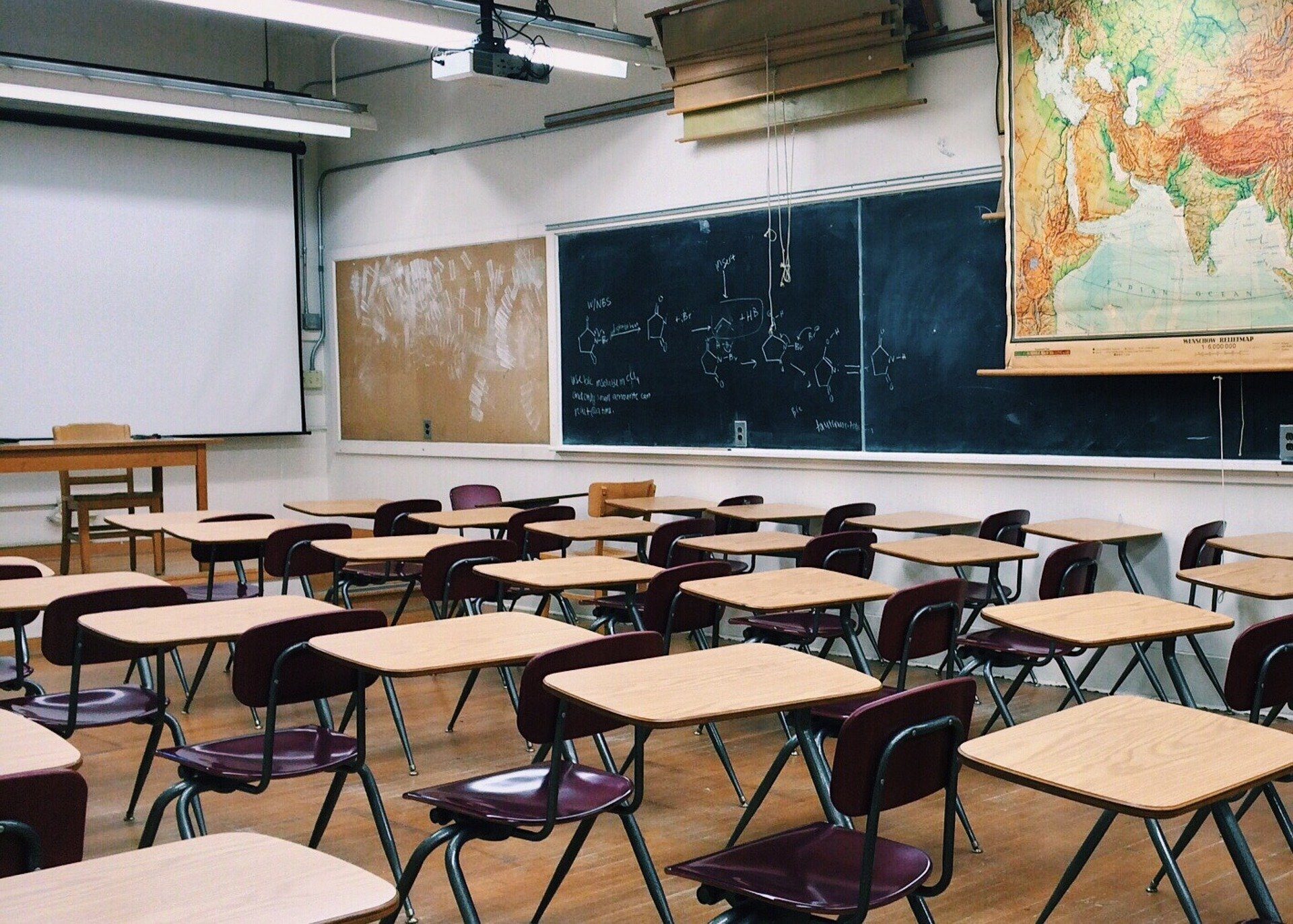Teachers and parents have mixed feelings over the alteration in the academic calendar.
Classes in Qatar are back in session following a month-long break for the World Cup that forced a change in the academic calendar for both private and public schools.
Teachers and parents who spoke to Doha News about the amendments before the tournament said while the change marked a big shift, it had been pre-planned several years in advance, giving educators ample time to prepare.
“The change in schedules was actually decided a few years ago, it didn’t happen suddenly and the school calendar has been shifting for the last few years to accommodate the World Cup,” one teacher at a private school told Doha News.
However, with the World Cup now over and both students and teachers back at school to resume studies, a longer semester is expected to make up for the long pause in learning.
Teachers who spoke to Doha News said it is vital to help children navigate through what is expected to be a number of daunting weeks.
One private school teacher said they expect children to require a lighter first week to kickstart the academic period, with the first few days likely to be used as revision.
The teacher also planned “exciting and practical lessons” to better engage the students, assuring extra support available for children who may need it.
“Without doubt there will be a fall back expected however, children are very resilient and adaptable and will soon be back in the swing of things,” the educator said, noting the upcoming 10 weeks will still be a challenge for students and teachers alike.
Another teacher, Ms Maria, said they had mixed feelings over the new semester.
On one hand, Ms Maria said she is excited to have one continuous semester of face-to-face learning in comparison to make up for disruptions over the past couple of years.
“We have not seen the students for this long in a very long time, which has really deteriorated their reading skills, their ability to just sit down and listen to their teachers and focus. So that has changed a lot,” the public school teacher said.
However, she highlighted a concern for educators who could face burnout.
Echoing the same sentiment, another private school teacher said the longer period of education would be more tiring for both the student and educator, especially with Ramadan and Eid coming in the next three months.
“This leads to distraction among the students while not allowing them to maintain their focus until the end of the school day, as long school days are exhausting[…]with teachers needing to cover the curriculum in a gradual manner to completely cover it by the end of the academic year,” the teacher said.
Meanwhile, some parents believe that children have grown to become “adaptable to change” after witnessing several unprecedented changes, especially following the Covid-19 outbreak that took the world by surprise.
“Our kids have struggled with the education system over the last few years with Corona and as much as I think being adaptable to change is a good thing, the lack of consistency will be reflected in their progress,” a father of two told Doha News on Monday.
However, the parent said the World Cup pause “dramatically” affected the children’s progress and said an “intensive” semester to make up for it would prove to be difficult.
More than 124,600 Qatari and non-Qatari students attended over 207 public schools, in addition to 68 kindergartens, during the 2019–20 school year, according to the Ministry of Education and Higher Education.







